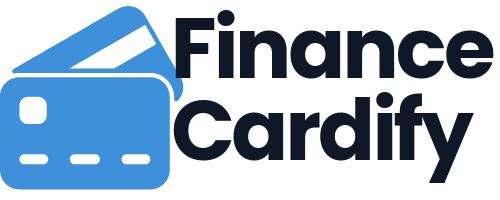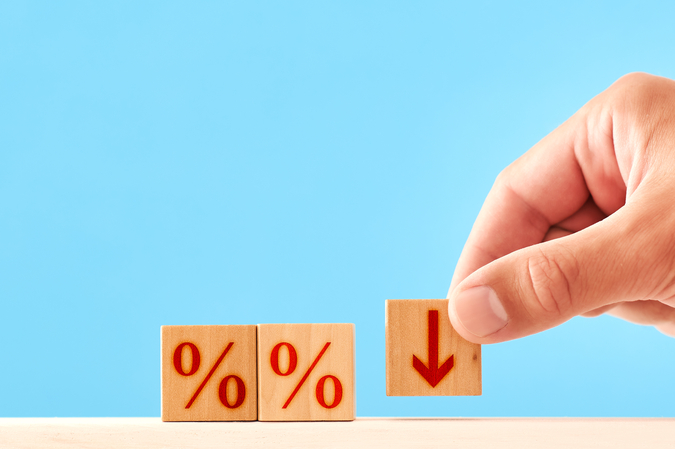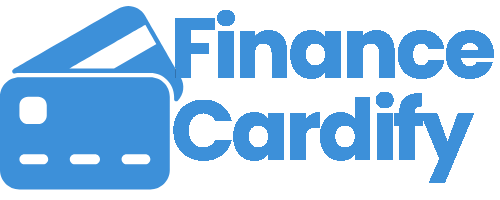Securing a low-interest loan is a crucial financial strategy for anyone looking to borrow money while minimizing the cost over time. Whether you’re financing a home, a car, or consolidating debt, the interest rate on your loan can significantly impact your financial health. This guide will explore where and how to find the best rates for low-interest loans, using smart SEO strategies to enhance organic traffic, and include a helpful FAQ section to address common concerns and questions.
Understanding Interest Rates
Interest rates are determined by a combination of macroeconomic factors, the lender’s policies, and your personal financial health. Factors such as the Federal Reserve’s rates, inflation, and the economic environment influence base rates, but your credit score, income, and debt-to-income ratio are just as crucial in determining the rates you are offered.
SEO Keywords: interest rates explained, how are loan rates determined, effect of credit score on interest rates
Where to Find the Best Loan Rates
1. Online Lenders
Online lenders are often able to offer competitive rates due to lower overhead costs compared to traditional banks. Many online platforms also use technology to assess risk differently, which can benefit certain borrowers.
- Pros: Convenient application process, faster approval times.
- Cons: Less personal interaction, varying customer service experiences.
SEO Keywords: best online lenders, low-interest online loans, compare online loan rates
2. Credit Unions
Credit unions are member-owned institutions that typically offer lower interest rates on loans compared to commercial banks. Membership is usually based on your location, employer, or other affiliations.
- Pros: Lower rates, more personalized service.
- Cons: Membership requirements, fewer locations than banks.
SEO Keywords: credit union loans, joining a credit union, benefits of credit union loans
3. Traditional Banks
Major banks offer a range of loan products and can be a good option, especially for existing customers. They might offer special rates for those who have a significant banking history with them.
- Pros: Comprehensive services, available nationwide.
- Cons: Generally higher rates compared to credit unions and online lenders.
SEO Keywords: bank loans, traditional bank interest rates, securing a bank loan
4. Peer-to-Peer Lending Platforms
Peer-to-peer (P2P) lending platforms connect borrowers directly with investors. These platforms can offer more favorable terms due to the competitive nature of the bidding process by lenders.
- Pros: Potentially lower rates, flexible terms.
- Cons: Credit requirements can vary, potential for higher fees.
SEO Keywords: peer-to-peer lending, P2P low interest rates, best P2P lending sites
Tips for Securing the Best Loan Rates
1. Improve Your Credit Score
A higher credit score is perhaps the most effective way to lower your loan interest rates. It signals to lenders that you are a low-risk borrower.
- Strategies: Pay down existing debt, make timely payments, and avoid new credit inquiries.
SEO Keywords: improve credit score, boost credit rating, credit score for best loan rates
2. Compare Multiple Offers
Always shop around and compare various lenders to find the best rate. Use loan comparison tools to streamline this process.
- Tools: Online loan comparison websites, financial aggregators, or direct inquiries.
SEO Keywords: compare loan rates, best loan comparison tools, how to find best loan rates
3. Negotiate Terms
Don’t hesitate to negotiate the terms of your loan. Some lenders have flexibility, especially if you have a good credit history or existing relationships with the institution.
- Negotiation tips: Highlight your creditworthiness, compare competing offers, and discuss terms assertively.
SEO Keywords: negotiate loan rates, how to negotiate loans, loan negotiation strategies
Frequently Asked Questions (FAQ)
What is considered a low interest rate for personal loans?
A1: A low interest rate can vary depending on the market conditions and the type of loan. Generally, rates below the average range of 10-12% can be considered low for personal loans, but for secured loans like mortgages or auto loans, the rates can be significantly lower.
How does my debt-to-income ratio affect my loan interest rate?
A2: Your debt-to-income ratio (DTI) is a key factor lenders use to determine your loan eligibility and interest rates. A lower DTI can result in lower interest rates because it indicates you are less likely to face difficulties in making monthly payments.
Can I get a low-interest loan with bad credit?
A3: Securing a low-interest loan with bad credit can be challenging but not impossible. Consider secured loans, where collateral can help reduce the interest rate, or find a co-signer to improve your borrowing power. Additionally, some peer-to-peer lenders or online platforms may offer reasonable rates for individuals with less-than-perfect credit.


